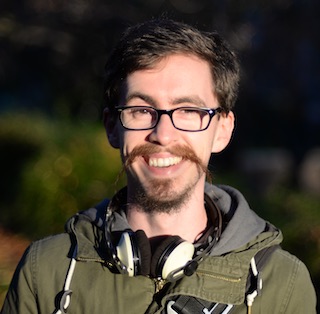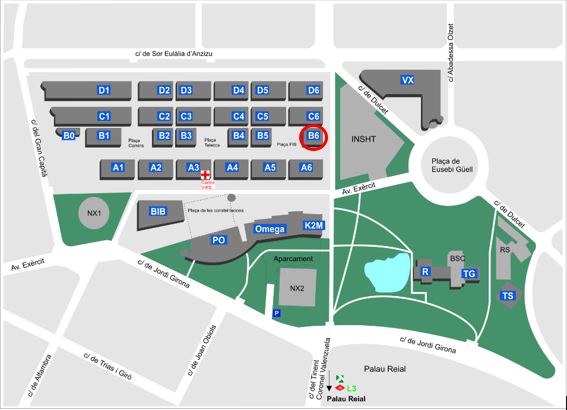Objectives
Abstract: Philosophically, our approaches to acceleration focus on the extreme. We must optimise accelerators to the maximum, leaving software to fix any hardware-software mismatches. Today’s software abstractions for programming accelerators leak hardware details, requiring changes to data formats and manual memory and coherence management, among other issues. This harms generality and requires deep hardware knowledge to efficiently program accelerators, a state which we consider hardware-oriented.
 Short bio: Jonathan Balkind is an Assistant Professor in the Department of Computer Science at the University of California, Santa Barbara. His research interests lie at the intersection of Computer Architecture, Programming Languages, and Operating Systems. Jonathan completed his PhD and MA degrees at Princeton University and his MSci degree at the University of Glasgow. He is the Lead Architect of OpenPiton and its heterogeneous-ISA descendant, BYOC, which are productive, open-source hardware research platforms with thousands of downloads from over 70 countries worldwide. Jonathan was an Open Hardware Trailblazer Fellow and recipient of the NSF CAREER Award. Since 2021, he has served as a Director of the FOSSi Foundation
Short bio: Jonathan Balkind is an Assistant Professor in the Department of Computer Science at the University of California, Santa Barbara. His research interests lie at the intersection of Computer Architecture, Programming Languages, and Operating Systems. Jonathan completed his PhD and MA degrees at Princeton University and his MSci degree at the University of Glasgow. He is the Lead Architect of OpenPiton and its heterogeneous-ISA descendant, BYOC, which are productive, open-source hardware research platforms with thousands of downloads from over 70 countries worldwide. Jonathan was an Open Hardware Trailblazer Fellow and recipient of the NSF CAREER Award. Since 2021, he has served as a Director of the FOSSi Foundation
Speakers
Speaker: Jonathan Balkind is an Assistant Professor in the Department of Computer Science at the University of California, Santa Barbara
Host: Miquel Moretó, High Performance Domain-Specific Architectures Associated Researcher, CS, BSC


